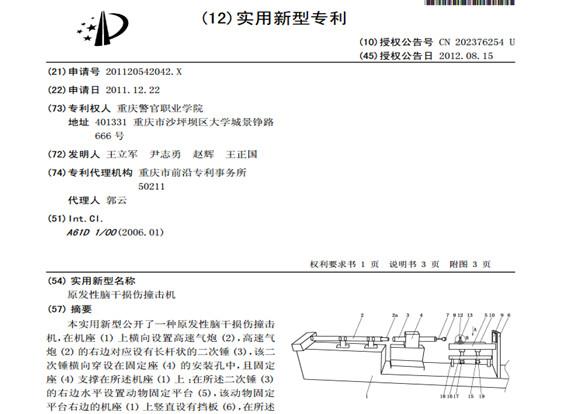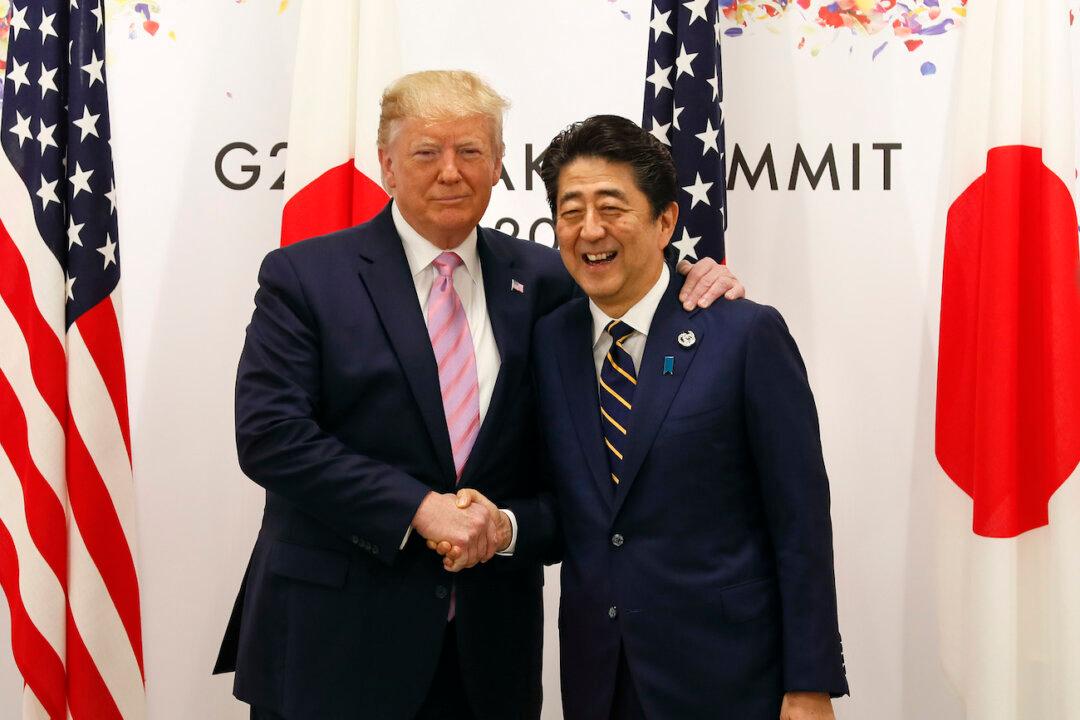The suicide of Chinese organ transplant specialist Zang Yunjin has drawn attention to a questionable “Qingdao model” of human organ transplantation.
Zang, 57, head of the Organ Transplantation Center at the Affiliated Hospital of Qingdao University, killed himself by jumping off a high building on Feb. 26, a source told the Chinese-language Epoch Times around Feb. 27.
He was one of the most well-known liver transplant specialists in China and won a long list of titles and honors over his career for his involvement in the sector, based on China’s state media reports.
Zang Brought Organ Supply Chain to Qingdao?
According to the website of the organ transplant center founded by Zang, the institution was formed in February 2014.He explained that Chinese people are reluctant to donate organs after death due to their age-old respect for the deceased—any removal of their organs would culturally be deemed disrespectful to them or an act that promotes misfortune to those who did such a thing.
Zang’s ‘Qingdao Model’
In 2018, a nationwide congress of OPO was held between Jan. 26 and 30 in Qingdao, according to the China Hospital Association. Zang served as its executive chairman.“Qingdao model is a summary of our work in organ transplant work, an outcome of standardization as required by our country,” Zang said. “The feature of the model lies in that all potential donors we find will be transferred to our hospital, which is unique across China.”
The report didn’t elaborate on the origins of “potential donors” or how transferring all potential donors to his hospital was either unique or a feature.
However, WOIPFG’s Wang condemned Zang’s Qingdao model—the so-called OPO—as a pretext to cover up the living organ donor pool initiated by the CCP regime.
The workflow of the Qingdao model implies that the organ transplants to be performed at Zang’s center necessitate the arrival of donors’ organs at the hospital in advance, and that they are waiting for patients who need them.
In fact, the brain death highlighted in the Qingdao model isn’t uncommon in the community of China’s organ transplantation.
Wang Lijun, a former high-profile CCP official and head of the Chongqing Public Security Bureau, as well as a few others, patented an invention called a Primary Brain Stem Injury Impacting Machine in collaboration with the Third Military Medical University of the PLA.

Zang’s Career Coincides with CCP’s Practice of Forced Organ Harvesting
Zang’s career in organ transplantation rose from 2000, coinciding with the emergence of the CCP’s crimes of forced organ harvesting against Falun Gong practitioners, according to Heng He.The CCP began its nationwide campaign of persecution against Falun Gong practitioners in July 1999. Shortly afterward, hundreds of thousands of them were illegally detained in detention centers, labor camps, and prisons.
Zang reportedly returned to China three months ahead of schedule due to China’s urgent need for liver transplant doctors.
Since 2000, the CCP expanded its mass persecution of Falun Gong followers, millions of whom were subjected to arbitrary detention and imprisonment.
In December 2000, Zang established a liver transplant program in Shandong Provincial Qianfoshan Hospital and became the first to perform such a surgery in the province.
In September 2001, he contributed to the creation of the Shandong Provincial Organ Transplant Center.
From 2004 to 2008, he participated in 1,600 cases of liver removals from donors in Tianjin First Central Hospital.
In January 2005, Zang joined the Liver Transplantation Institute of the Beijing Armed Police General Hospital. In April, he was appointed deputy director of the institute. There, he performed more than 1,000 liver transplants.
From 2014 onward, Zang moved to the Affiliated Hospital of Qingdao University and led the transplant activities there until he committed suicide on Feb. 26 for unknown reasons.





